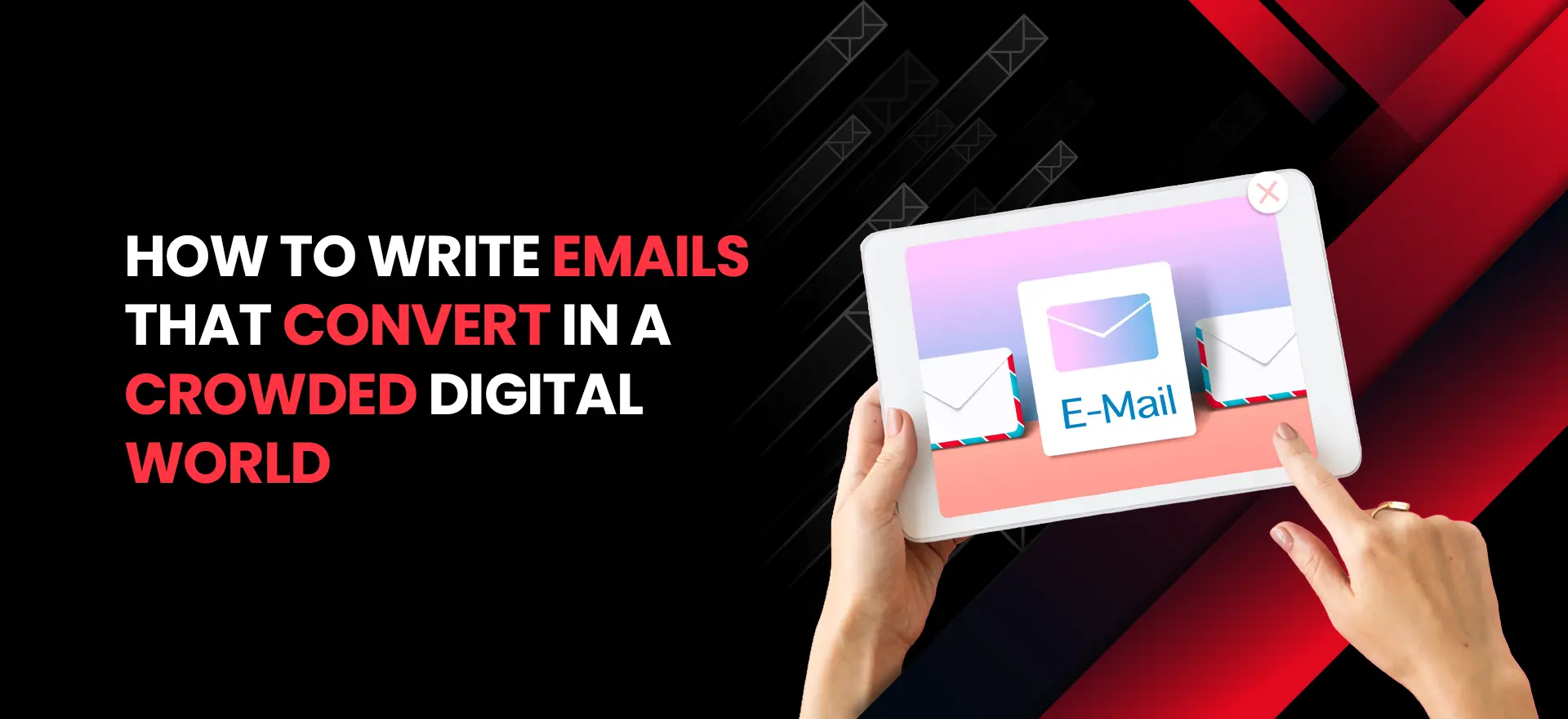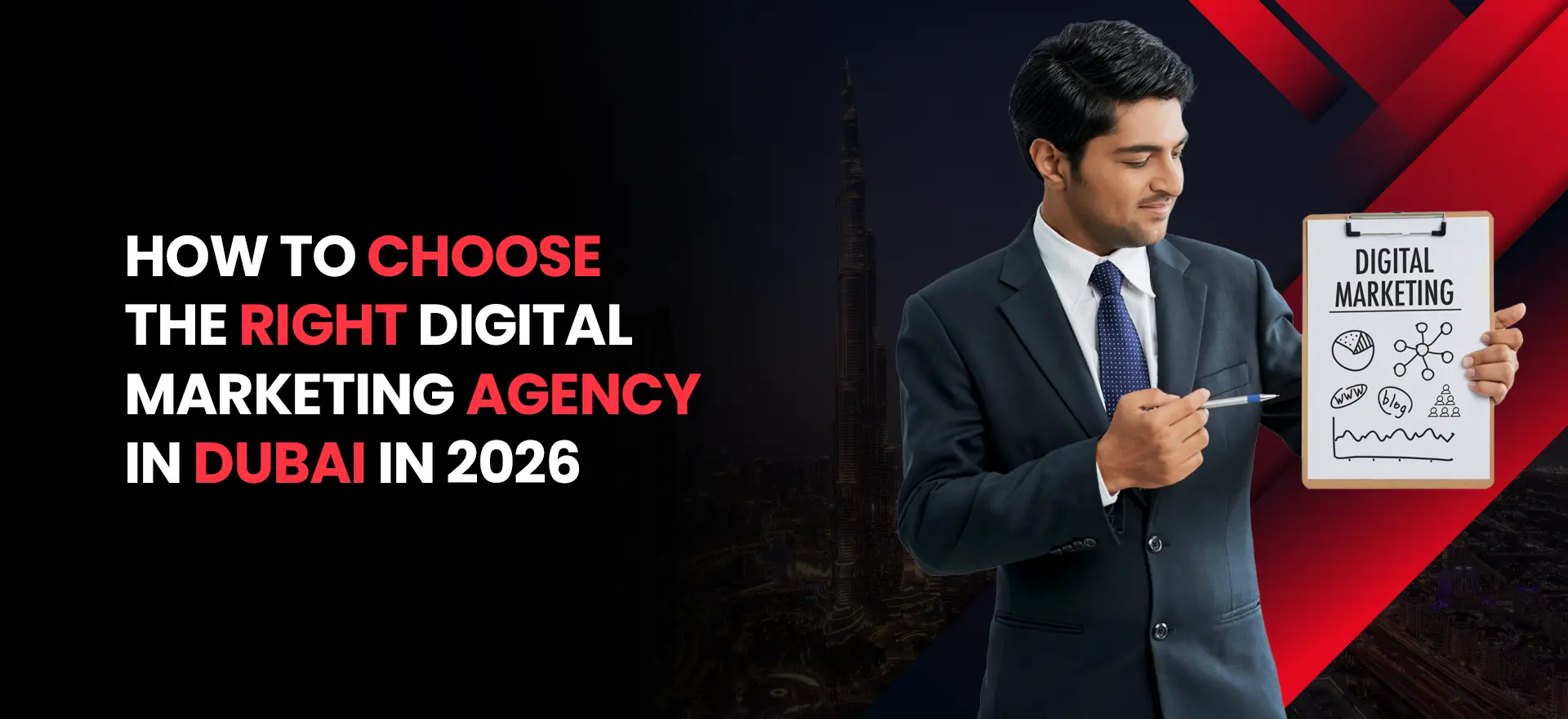In today’s cutthroat market, businesses must choose the right branding to stand out and connect with their target audience. Whether an aspiring venture or a contender for rebranding, differentiating between branding options and it’s types is crucial for success. A digital marketing company plays a key role in shaping brand identity. Ensuring that businesses establish a strong and personalized presence.
This article will provide an overview of various types of branding, explore how branding applies to your business, and highlight different strategies that define your company’s identity and drive long-term success.
What is Branding Your Business?
Branding is a process that creates a unique image for your business and identity among the audience. In marketing, branding is everything, from your company’s mission, values, and voice to visuals. Well-thought-out branding can establish recognition, trust, and loyalty.
When companies like Right Media Digital Marketing Agency are engaged in branding for clients, they will typically look to build a suitable brand identity that clearly reflects their needs and market positioning. These endeavors can only result in a truly successful brand where every customer touchpoint reflects the business’s core values and message.
Types of Branding Options

-
Corporate Branding
With the help of a Branding Agency, corporate branding enhances the position of the company itself as a brand which refers to company branding. It covers the reputation, values, culture, and identity of the whole company rather than individual products or services. It aims at creating a recognizable, holistic picture in consumers’ minds. Corporate branding carries considerable importance for companies wishing to underscore their overall identity. That is, often multinational corporations, or those in industries where trust and credibility are extremely important.
-
Product Branding
Product branding creates a unique identity for a given product or range of products. It distinguishes a product from others in the market, emphasizing its distinctive qualities, advantages, and characteristics. Product branding usually comprises the creation of a specific visual identity for the product- packaging, logo design, and colors-not shared by any competing product.
This kind of branding is effective when a company has a number of products requiring different positioning in the marketplace. In addition, it goes a long way toward engendering loyalty around specific products instead of the brand as a whole.
-
Service Branding
Service branding focuses on building a brand identity for intangible services such as consulting, education, and entertainment. With services being intangible and unable to be touched or physically examined, emphasis is more on the purchasing experience of the service, reliability, and trust. In building a brand around services, it is about an emotional connection with the audience, highlighting the worth of the service through testimonials, word of-mouth, and satisfied customers.
This type of branding happens to work particularly well for industries such as hospitality or consultancy or digital services, where long-lasting relationships with clients are of extreme significance.
-
Personal Branding
It is an act by which individuals market themselves and their careers as brands. It is about building a reputation, showcasing expertise, and carving out a niche for oneself in a particular field or industry. There is a lot of emphasis on social media marketing, publishing thought leadership content, and networking in ways that represent personal values and skills.
Personal branding allows online figures, entrepreneurs, and professionals to differentiate themselves from others, thus gaining a loyal following. Those who desire to stand out in competitive fields will become aware that having a personal brand is quite essential for them.
-
Geographical Branding
Geographical branding, or place branding, considers the branding of a certain location, region, or city. The target here is to attract tourists, investors, or businesses to that particular place based on its unique attributes, which could be anything from culture, history, or natural beauty to lifestyle. Therefore, cities and countries and even smaller local communities would employ branding techniques to create their own recognition and appeal.
Geographical branding has been successfully used by Iceland and Paris, among other places, to identify themselves by presenting their unique attributes that attract visitors and investors.
-
Cultural Branding
Cultural Branding is a brand strategy that ties the brand to certain cultural values, movements, and trends. This branding targets aligning the brand with certain lifestyle choices or social causes, thus facilitating a consumer’s emotional bond with the brand. Cultural branding works well because it penetrates deeper, collective identities-whether revolving around social issues, generational preferences, or cultural living.
Brands that work that cultural language usually speak directly to consumers’ beliefs creating a sense of brand community and purpose.
Types of Brand Uses?

If different forms of brand leverage are properly executed, they will give a higher degree of visibility, reputation, and marketability to your business. Here are a few points regarding how best to utilize brand leveraging examples according to the type you are using:
How Can You Leverage Corporate Branding for Business Growth?
- Ensure that the touchpoints are unchanged: From values through messages to visual identity, make sure wherever you are seen online, in marketing communications, or within a store, the look, feel, tone, and attitude of your brand communicates the same thing. This consistency strengthens brand recall and customer trust.
- Brand Ambassadors: Let your employees and partners be ambassadors of your corporate brand. Their messaging will help you spread your values and culture to an even larger audience.
- Storytelling: Throughout marketing campaigns, consistently tell the origin story of your brand, its mission, and what it stands for. When consumers relate to what the company stands for, that’s when you build long-term loyalty.
How to Leverage Product Branding to Stand Out in the Market?
- The market differentiation of the service: Emphasize the uniqueness of your product from those of your competitors. Highlight the basic functionalities, value addition, and innovativeness. A strong product brand can help in identifying a specific niche in the market.
- Product design and packaging: Packaging is a highly critical aspect of product branding. The product’s packaging should reflect the product’s identity, while adhering to the preferences of the intended target customers.
What Are the Best Strategies to Leverage Service Branding?
- Customer experience and reviews: Encourage customers to share their product experiences. Word-of-mouth is one of the strongest forces to further strengthen the value and credibility of your product. Service branding considerations must come into play.
- Quality Consistency: Ensure that the nature of service is executed properly at all times. Nothing sells after sale like a great customer experience to build trust with clients and encourage repeat business.
- Personal Experience: Build rapport by personalizing these experiences. When you tweak your service for someone, when you get a call from a well-meaning customer service rep, those small things help brand loyalty in a big way.
- Testimonial and Case Studies: Tell stories and share testimonials about customer successes with the services. This would further instill your service’s trust factors while giving social proof to potential customers.
How Can You Build a Strong Personal Brand Effectively?
- Realness: Be real. Being real is the very essence of personal branding. They want to connect to someone real, not some bland, business-driven persona.
- Collateral: Give away content that is valuable to you and your audience. Whether it is a blog post, an update, or a video, by constantly giving pertinent insights and views. You are gradually establishing authority or credibility in that chosen area.
- Networking and community building: Use networking opportunities, both online and offline, to establish connections further and promote your brand.
Why Is Geographical Branding Important and How to Use It?
- Highlight Unique Regional Qualities: A focus on the unique cultural, historical or natural features of a location should attract the tours and business to the site. Using visuals and storytelling, bring out the distinctive features of your location.
- Engage Local Influencers and Local Businesses: Engage local influencers, businesses, and events to strengthen the geographic brand presence and enhance the awareness level.
- Target Niche Markets: If your geographical brand targets particular activities, like adventure tourism or culinary experiences, then target those niche markets, which would be particularly interested in those offerings.
What Are the Key Benefits of Cultural Branding for Businesses?
- Engagement through Social Causes: Where possible, choosing causes that resonate with your audience and pursuing branding efforts aligned with them-rightfully shows that your business considers more than just monetary gain-will help in building deeper connections among consumers of similar mindsets.
- Engage Through Values: Successful cultural brands are often more aggressive in promoting values that connect emotionally with their audience. Sustainability, equality, creativity: Whatever social issue or values resonate best with your customers, let your brand invest in it.
- Collaborate with Cultural Icons: Engage with cultural icons, thought leaders, or influencers that reflect the values your brand stands for. Their endorsement or collaboration can give your brand credibility in that particular cultural space.
Final Thoughts
Choosing the correct branding options is a critical step to the future success of your business. By understanding the different types of branding-whether corporate branding, product service branding, or cultural branding-you can position your company more prominently to meet customer expectations and create a strong, recognizable identity.
Working with a trusted company branding partner or digital marketing agency ensures you have the guidance needed to leverage branding strategies effectively. Do not underestimate the power of your brand. Your customers will remember it long after the purchase.



